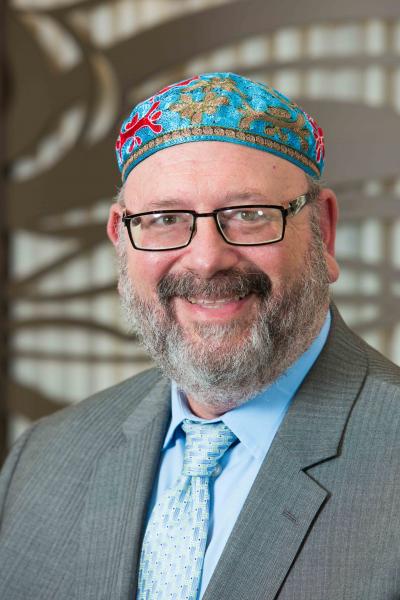Nelson Mandela called his autobiography Long Walk to Freedom, and that title resonates with this week’s Torah portion, Haazinu. This parashah is only one chapter long; it is written in two columns in poetic form, resembling a two lane road; and it records Moses’ last song to the Children of Israel. It is a last exhortation to live by the words of God as the people are poised to end their “long walk to freedom” and enter the Holy Land.
When is that “long walk” over? For many people, not yet. I recently came back from a day of participation in Justice Summer with the NAACP, and I have the blisters to prove it. Walking, just for a day, gave me a sense of just how grueling it would have been for our ancestors to walk in the desert, and for Dr. King and Rabbi Heschel, Rabbi Eisendrath, and Kivie Kaplan–along with so many others–to walk from Selma to Montgomery 50 years ago.
This walk began in Selma, AL and ended on September 15 after 870 miles in Washington DC. I was honored to walk with new and old friends and colleagues, as well as one of my daughters, for a small portion of the journey that happened to traverse mile 700 of this long walk to freedom.
Our day ended in Raleigh, NC by the State Capitol with a rally for voting rights. In America, being able to vote is the definition of freedom. There are those who fight tooth and nail for the “right” of Americans to own guns without registering their names on a piece of paper, yet some of those same people would deny the right of their fellow citizens to vote by requiring onerous registration procedures. Curtailing early weekend voting stops the working poor from voting since they do not have the luxury of taking time off from work to vote. The “Prison Industrial Complex” further disenfranchises voters. We know that African Americans, Hispanics, and the poor are far more likely to be convicted of crimes than more affluent whites. In many places, convicts lose their right to vote not only when they are incarcerated but for a lifetime. We are in the midst of a New Jim Crow that sharply curtails freedom in America.
So the long walk to freedom still goes on. In Haazinu we read, “See, then, that I, I am the One; there is no God but me. R’u ata ki ani ani hu v’ayn Elohim imadi. (Deuteronomy 32:39)” This is not an easy sentence to parse. At the burning bush God spoke to Moses and charged him with the liberation of an enslaved people. There God speaks in the first person using the tetragrammaton and the future tense, “I will be who I will be.” Here in Haazinu, the future becomes present tense, Ani hu, I am.
The verb tense is powerful in these stories. At the burning bush, God speaks in the future tense. God’s first communication with Moses was a message of freedom, a command to begin the long walk. The song Moses passes to the children of Israel in Haazinu is a promise and a warning. If in our freedom we forget those who are not free, God says still in a future tense, “I will hide my face (Deut. 32:20).” If, on the other hand, we remember, even in our days of plenty, then God is in the present tense. “See then, that I, I am the One, there is no God but me.” There can be an end to our long walk to freedom only when there are true civil rights for all; then our present will be in the presence of the holy. And the text reminds us that, “This is not a trifling thing for you: it is your very life (32:47).” No one can walk the walk for us, it is up to us to keep breaking the chains that keep people from voting, that keep people from being free.
Isaac Serotta has been the rabbi of Lakeside Congregation, north of Chicago, IL, for 18 years. He inherited the struggle for civil rights from his parents, and has made it part of his rabbinate and his life.

